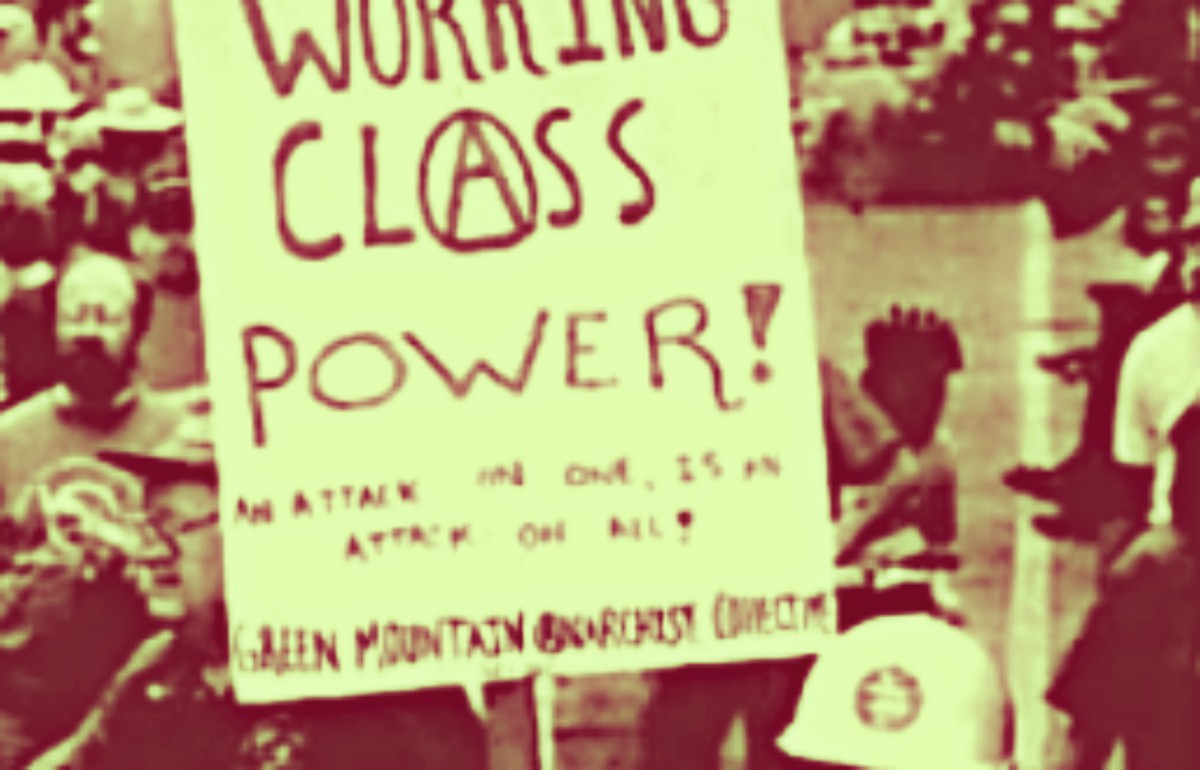Filed under: Featured, IGDcast, Interviews, Radio/Podcast

Podcast: Play in new window | Download
Subscribe: RSS
In the age of Trump, talk of “globalism” and the devastating impact of free trade deals has been recuperated by the far-Right of the Republican party, who have used such talk as a smokescreen for ramming through a set of pro-billionaire policies of their own. But in the 1990s, it was anarchists and autonomous anti-capitalists that were seen to be at the forefront of attacking corporate globalization and the capitalist system, as they disrupted and shut down free trade meetings in the US, and movements like the Zapatistas launched uprisings in Mexico and beyond.
In this episode of the IGDcast, which is the second in a series where we look at anarchist organizing in the 1990s, we caught up with Dave, formerly a member of the Green Mountain Anarchist Collective (GMAC) which was part of a larger federation of anarchist collectives, known as NEFAC. Throughout our discussion, we talk about how Dave got involved in anarchist organizing while living in rural Vermont, but moreover about what the anarchist movement was involved in during the mid-to-late 1990s. This leads us into discussing both the anti-globalization movement, as well as Dave’s relationship with organized labor which was also involved in the struggle against globalization in the same period.
Throughout our discussion, Dave talks about how the anti-globalization movement grew, both in size, scope, and intensity, as we touch on the importance of the Seattle anti-WTO mobilization and riots in November of 1999, and why the success of the blockades was an important victory for the anarchist movement. We also spend a bulk of our time focusing on the black bloc, as Dave lays out its application and historical importance.
Lastly, Dave touches on his own relationships with people in the labor movement, some of whom respected and applauded the risks being taken in the streets by anarchist militants. Dave pulls from his own experiences while a member of the Green Mountain Anarchist Collective which fought in solidarity with workers on strike, and how his group was able to build solid relationships with people who did not consider themselves revolutionaries.
The anti-globalization struggle in the late 1990s and early 2000s is an important period to analyze and discuss, as we continue to live in a world drastically impacted by neoliberalism and the policies that it helped to globalize.
More Info: On Anarchism: Dispatches from the People’s Republic of Vermont, The Rise and Fall of the Green Mountain Anarchist Collective, The Black Bloc Papers, collection of David’s writings on the Anarchist Library.





